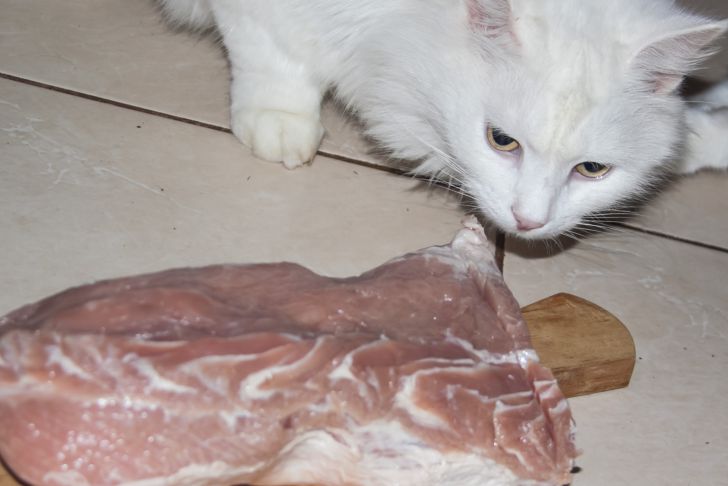The behavior of domestic cats often puzzles owners with unusual manifestations of ancient instincts.
The habit of burying food is one of the most interesting examples of the legacy of wild ancestors that has been preserved in domestic animals to this day.
Natural instincts
The desire to hide food remains is genetically determined.

Wild cats bury their prey to hide traces of their presence from other predators and to preserve food for later consumption.
Domestic pets retain this instinct despite regular feeding.
Territorial behavior
Burying food is associated with marking territory. Cats try to mask the smell of food that could attract strangers to their territory.
The instinct to protect one's space remains strong even in domestic animals living in safe conditions.
Feed quality indicator
Attempts to bury food may indicate dissatisfaction with the quality of the food.
The pet thus expresses its attitude to the offered food. It is important to pay attention to the animal's preferences and possible problems with nutrition.
Social aspect of behavior
Cats in apartment buildings often exhibit this behavior due to the presence of other animals.
The desire to hide food increases when there is competition for resources. The animal tries to protect its reserves from potential competitors.
The Impact of Stress
Stressful situations can increase instinctive behavior. Moving, new family members, renovations make the pet feel insecure.
Burying food becomes a way to cope with anxiety.
The owners' reaction
Owners should take this behavior calmly. Trying to wean a cat off its natural instinct can cause stress.
A reasonable solution would be to organize feeding taking into account the animal’s behavioral characteristics.
Proper organization of feeding
Regular scheduled feeding helps reduce the manifestation of the instinct.
Portions should correspond to the animal's needs. The absence of excess food reduces the need to hide it.
